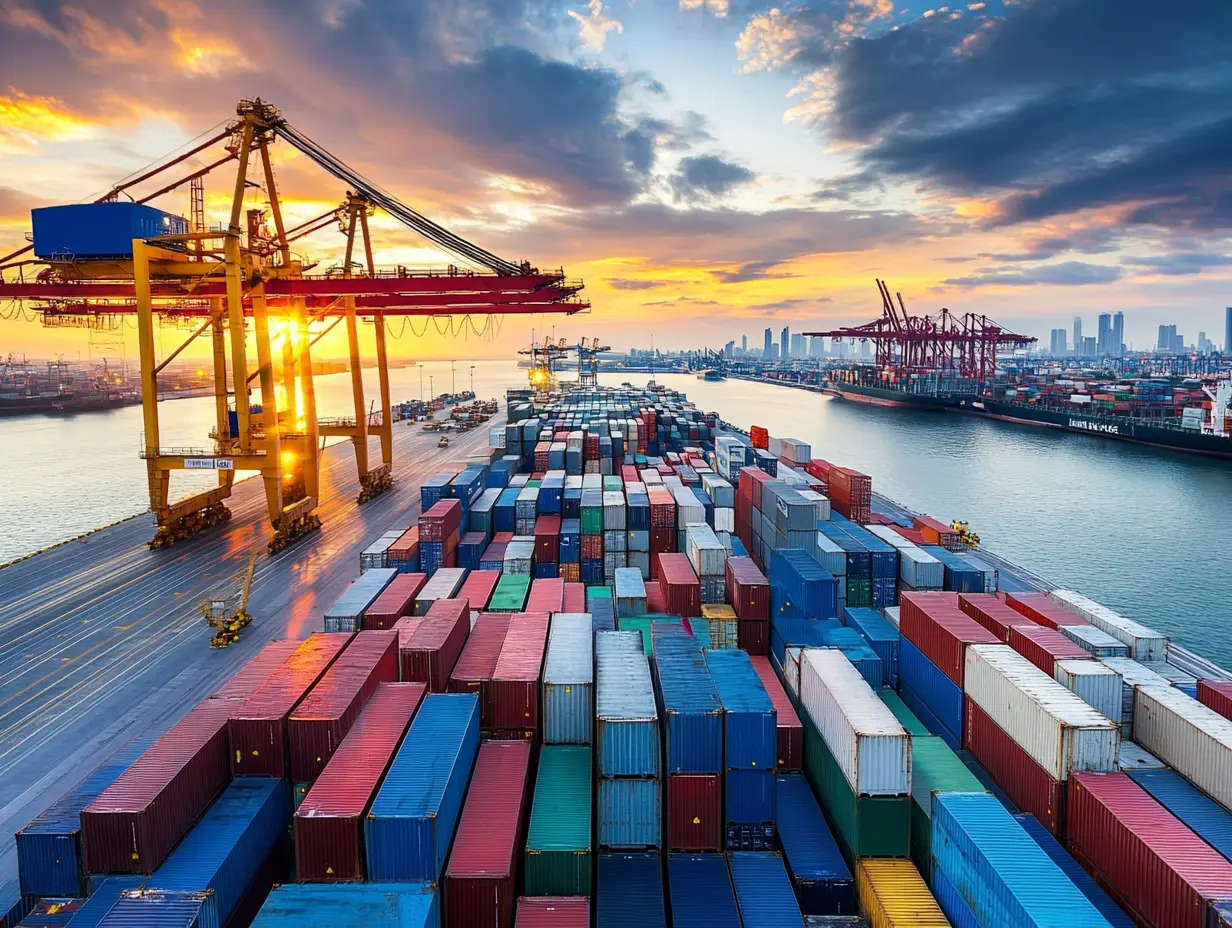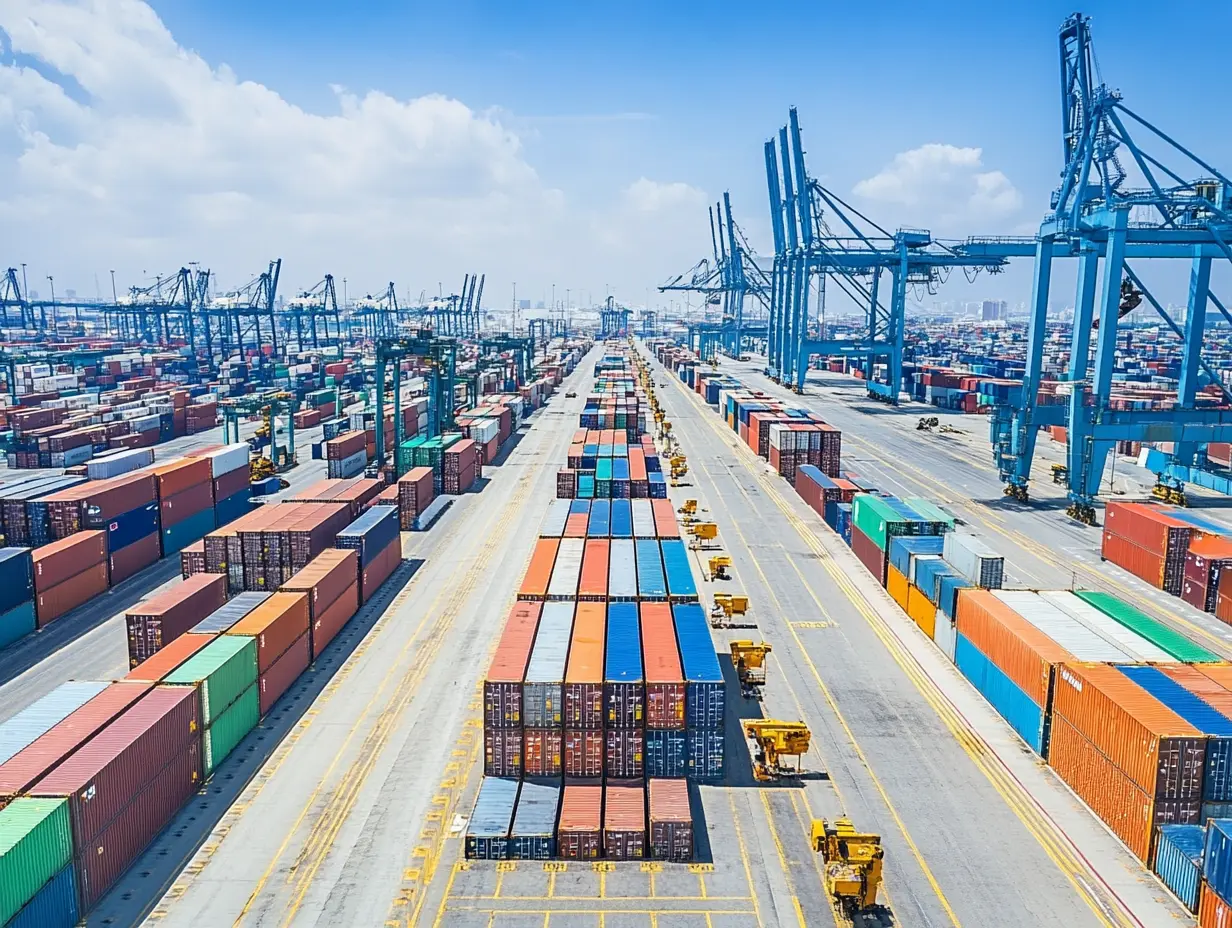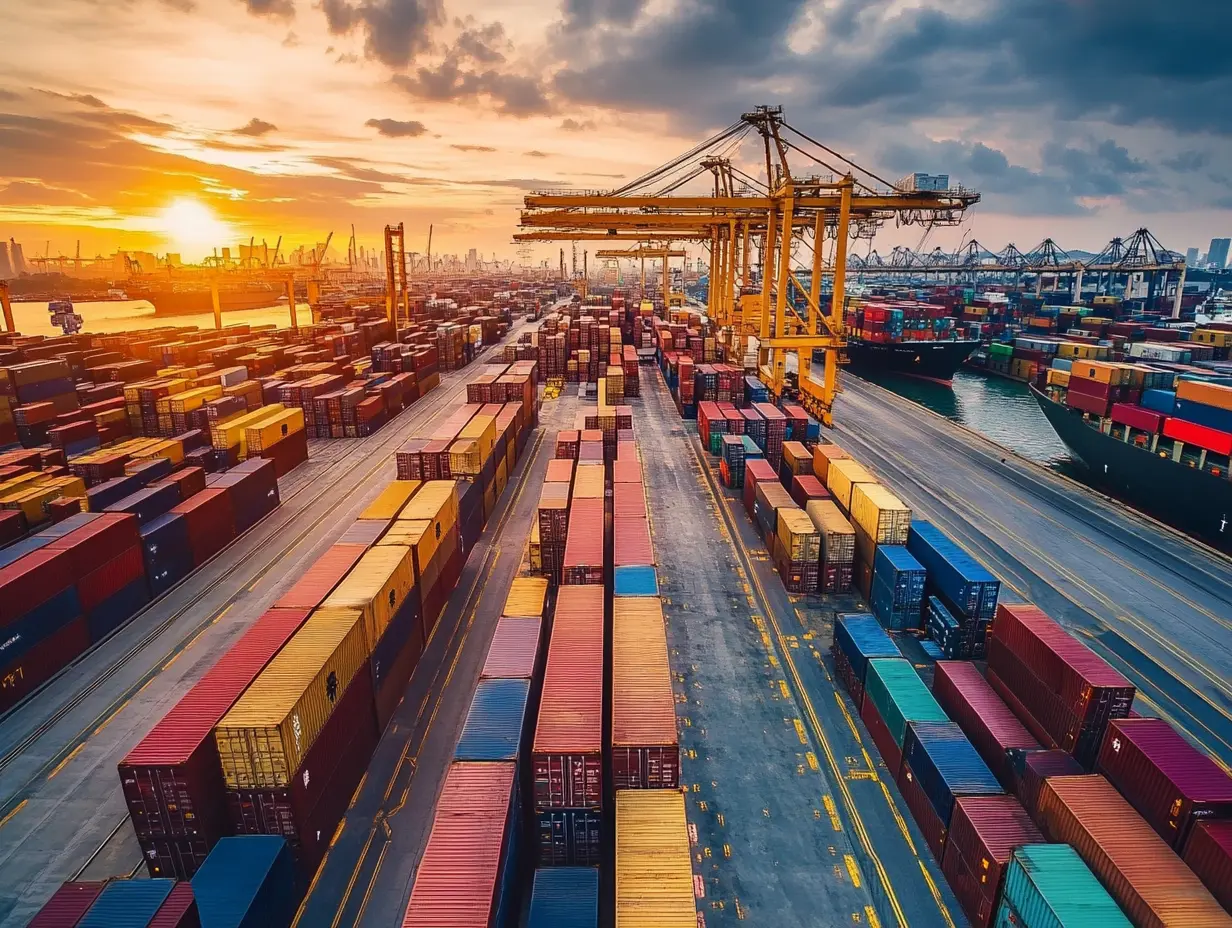
-
Home
-
Products
-
About Us
-
Case
-
News
-
FAQ
-
Contact Us
Leave Your Message

In today's global marketplace, import and export certifications easily become obstacles in the trade of a specialized product like Lamp Pole Screens. This specialized product is both performance related and crucial to urban aesthetics, safety, and sustainability. Hence, compliance becomes a very important part of international trade for businesses selling and buying such products. Qianhai Hengyunlian Technology Co., Ltd. is a leading technology company specializing in Shenzhen and has sufficient information on imparting the same to businesses to ensure compliance with this sensitized process.
Lamp Pole Screens manufactured and supplied by Qianhai Hengyunlian are worth showing off with pride. These advanced Lamp Pole Screens are manufactured and supplied according to rigorous international standards. The detailed information on the requirements for import and export certification for these types of products will be covered in this blog, along with their implications to manufacturers and distributors. We'd love to improve understanding of certification and make trading operations much smoother with respect to those within the Lamp Pole Screen industry by enabling a better understanding of that landscape to our readers.

If someone is to import or export lamp pole screens, they need to be aware of the required certifications. Different countries have unique demands that may involve many variances in the trade. Common certification criteria entail safety, environment, and energy efficiency. Importers and exporters must ensure that their products are meeting all of these criteria to evade any hold up or fines. For instance, there is a shift in trends in electric lamp markets, for most regions such as Africa, projected to grow steadily in the next few years, while Turkey and Canada are experiencing declines in LED lamp imports. Thus, keeping abreast of evolving market and certification needs is beneficial for any business in maximizing its global competitive edge.

Getting aware on import and export certifications is indispensable to both the manufacturers and distributors of lamp pole screens because it is then that one can see the importance of this knowledge in an open trade environment today. It does ensure international standards compliance, navigate regulations, and save companies from expensive penalties. One good example would be when a company undergoes a specialized certification course like the recently launched lighting controls course, which would do wonders to its employees' skills concerning standards of lighting products.
The certification process is dynamic because countries are formulating policies against light pollution creation; hence the process for lighting products, which include lamp pole screens, is continually changing. Understanding that compulsory certification such as CCC in China will enable businesses to adapt to the changing environments of regulations and market demands. The all-sustainability and innovativeness of trends in the lighting industry will continue to change; therefore, knowledge of the updated standards will give an edge competitiveness in the market.

Importing and exporting lamp pole screens makes the acquisition of proper certification a must for compliance and safety considerations. Therefore, the initiation is mostly marked by a study that tries to identify the necessary certification for the products concerned with these poles. It also involves getting familiar with the regulations set out by concerned authorities, such as local customs and international trade regulations, to ensure that your imports fulfill all set requirements.
Having familiarized oneself with the certification scenario, attention must turn to reviewing and assembling any required documentation-an overview of product specifications, applicable safety standards, and proof of manufacturing processes. For example, the U.S. and South Korea have recently introduced e-certification to assist with this, thereby easing the processing of documents and ensuring compliance. Keeping abreast of changes to regulations while crossing the above roads will be helpful in case of any delays, which in turn affects the supply chain-similar to scenarios experienced in other industries owing to long import clearance times.

It is in the hands of accredited organizations, interest groups, and government bodies to prove that their lamp pole screens are tested for proper and needed evaluations, certifications, or competencies to save lives and comply with applicable regulations. Do these certifications also ensure that lamp pole screens will meet internationally recognized industry standards? They also increase customer confidence for the product because most popular lamps are made from such certified materials. Adequately certified lamp pole screens will pave the way for manufacturers to take an edge in producing trade-aiding factors in this particular market, as many countries require proof of compliance before allowing such products into their border.
In addition, certification can sometimes be a part of marketing a brand. Consumers are becoming more conscious of the effect of acquired standards on their purchases. For example, now it is not just required to have structural, quality, or technical adequateness or compliance; investments in correct certifications will also pay off in better visibility and perception in the market.
The meaning of import and export certifications becomes basic in the global scenario as these relate to the businesses involved in manufacturing lamp pole screens. Assurance of complying with standards gives safety and quality assurance to products, which in different regions can differ widely. Companies should adopt best practices that can actually include maintaining current records of certificates and arranging regular training for employees on compliance procedures.
The continuous watch for changes in regulations would be important for maintaining a certification. Periodical audit checks and consultations with compliance experts would keep an organization aligned with the latest export guidelines. Another important step to follow would be proactively screening interested buyers and partners to avoid export compliance issues. Making such investments will, without a doubt, mitigate risks and ensure the smooth exportation of the product.
With the electric lamp industry having ever-changing dynamics, understanding import/export certification has become most important for manufacturers and distributors, especially in the case of lamp pole screens. As countries eliminate fluorescent lights in favor of greener alternatives, such as LEDs, being able to comply with certification standards goes a long way as it proves that the products are fit for market as well as being ecologically friendly.
Case study analyses of leading companies demonstrate the strategies that were successfully employed to obtain certifications that complied with international regulations. Often, these companies leverage technological advancements and collaboration with regulatory bodies to speed up the certification process, thus allowing for faster access to the marketplace. Recent market changes-in particular, the drop in LED imports into certain regions-highlight the rationale for adapting certification strategies according to changing industry requirements for a competitive edge in both exports and imports.
The input and output certifying landscape is nationally drastically affected by the compliance of the regulatory authorities associated with each of the standards and certification requirements. Every sector has its certification requirements, illustrated perfectly by the recent happenings in the manufacture of agricultural commodities and organic products. The establishment of the e-Phyto system in Ethiopia is a very innovative method of streamlining certification processes within a trade environment. Digital certificates would be totally revolutionized in managing the import and export regulations across the globe.
Besides, dairy import certification modifications in India have just attracted international attention from trade partners witnessing the compliance burden. Such phenomena underscore the significance of having a thorough understanding of the regulatory regimes governing these certifications, as these have a direct relation to access into markets and operations in business for international trade companies. As regulations change, businesses must keep tabs on the certifications that would be needed for a successful import-export strategy.
On the global lamp pole screen market, certification is an important aspect of access to markets. As Japan has declared a ban on the manufacture and export of fluorescent lamps by the year 2027, manufacturers across the globe must begin to adjust to this changing regulation which aims to reduce environmental risks, primarily those associated with mercury. This change in focus emphasizes the need to comply with international certification standards so that products can be assessed against safety and sustainability criteria, thereby determining who is able to gain successful access to the market.
In addition, with the increasing demand for electric lamps in Africa and other places, manufacturers have to pass through various certification processes to gain a foot in the emerging markets. The stable growth expected in the electric lamp market in Africa necessitates a proper understanding of the local regulations and certificates, enabling the companies concerned to compete well. In all, the certificates will help gain entrance to the market, thereby adding to product credibility and consumer trust.
The import-export certification process can really pose formidable challenges. This is more so when it comes to covering specialized products such as lamp pole screens. One of the common problems would be the procedures of bureaucracy which slow down the process of trading. For instance, Brazil, in pristine conditions, benefited from the recent US decision to drop the International Health Certificates for fish exports. This concession has considerable potential both in improving the trade efficiency and red tape in dealing with it. Hence, it re-emphasizes the evergreen need for streamlined certification processes to boost international trade.
On the contrary, delays in certification result to unrest in the market, for example, Kenya's macadamia sector where macadamia exports have come to a standstill due to slow processing. This explains the need for efficient systems of certification like e-Cooo 2.0 in India to help streamline export-related regulatory processes using advanced technology. Much of the consumption in export originates from the certification of quality products; this in turn ensures sustainability and economic stability to countries that export.
The future trends in import and export certifications become paramount as the global trade landscape changes. New developments highlight the growing importance of certifications in various sectors. Thus, Botswana has set up certification points for rough diamonds, boosting export capacity through interaction with international bodies. The initiatives will not only facilitate export but also enhance product credibility in the global market.
Another example is the launch of India 2.0 for e-certifications. The electronic platform makes export certifying processes more efficient, relieving exporters from a variety of statutory and bureaucratic obligations. This movement toward digitization is one of many globally in which innovative practices assist trade facilitation. All in all, as certification regulations get tougher and broader, companies will have to keep changing to stay compliant and remain competitive in the international marketplace.
Certifications are crucial for ensuring safety and regulatory compliance, enhancing consumer confidence, and opening opportunities for international trade.
Properly certified lamp pole screens provide manufacturers a competitive edge, showcase product quality, and are often required for market entry in various countries.
As consumers become increasingly aware of industry standards, certifications influence their purchasing decisions, leading to greater preference for certified products.
Regulatory bodies ensure compliance with various standards, shaping the certification landscape for different sectors and impacting market access for international trade.
The implementation of an e-Phyto system in Ethiopia is an example of an innovative approach to streamline certification processes for agricultural trade.
Recent changes in India's dairy import certification requirements have garnered international attention due to their potential impact on compliance burdens for trade partners.
As regulations evolve, businesses must stay knowledgeable about necessary certifications to ensure successful import and export strategies.
By adhering to industry standards, certifications can boost trust among customers, thereby increasing the marketability of lamp pole screens.
Many countries require certifications for market entry, making compliance essential for businesses looking to engage in international trade.
Certifications enhance consumer confidence in product quality and safety, leading to improved sales and customer loyalty.
